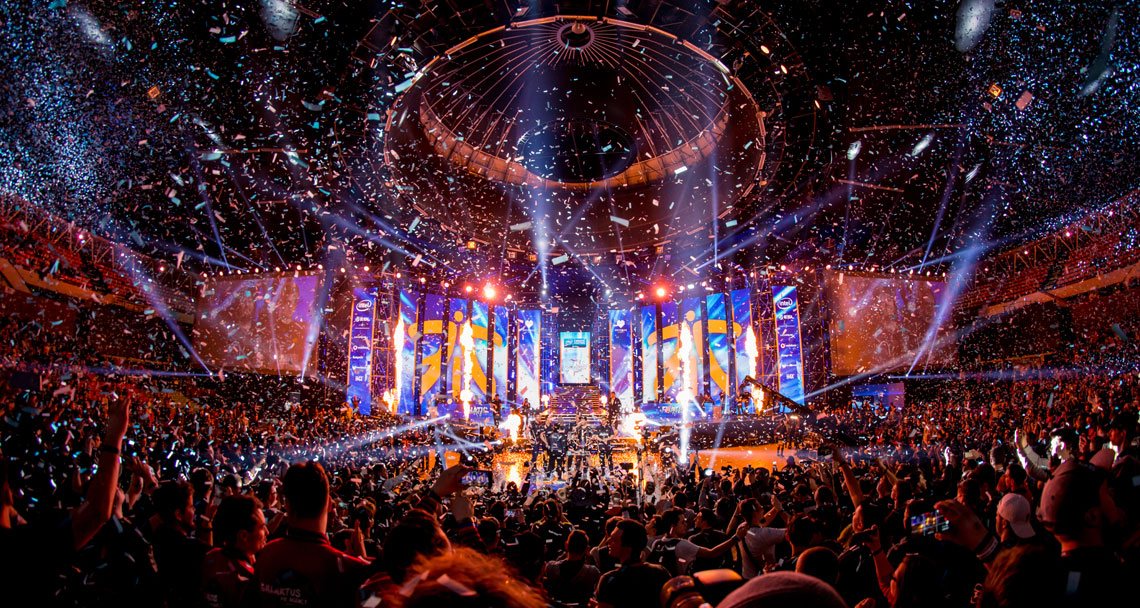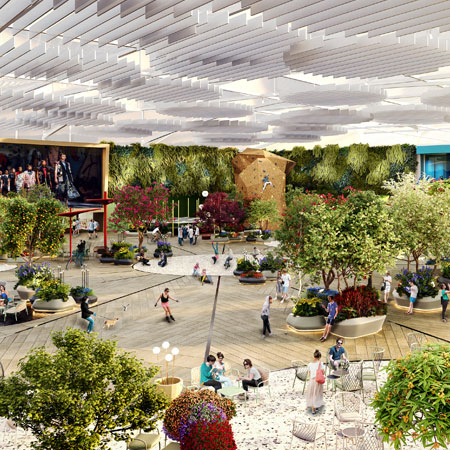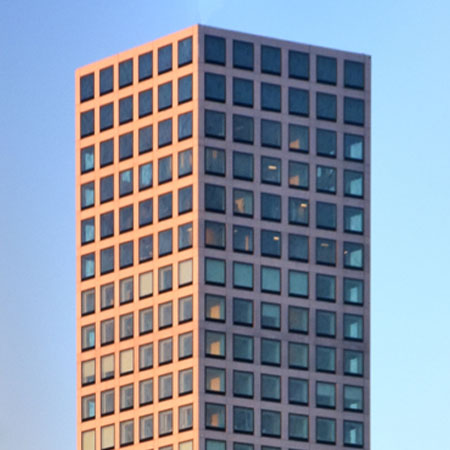Nicky Wightman, Director of Global Occupier Trends at Savills, talks to James Dean, Managing Director of ESL UK, about the demands of the evolving esports sector.
Nicky Wightman: What are esports?
James Dean: Esport is multiplayer video gaming, played competitively for online and offline spectators. Almost everyone has heard of the early computer games Pong and Pac-Man, and the essence of gaming still stays true to those early pioneers – the idea of creating immersive entertainment. Gaming started as very niche, very male-orientated, but it has evolved into an industry that now accounts for more than half of the UK’s entertainment market, according to the Entertainment Retailers Association. Gaming is now a larger market than film and music combined, and the accessibility of games on mobile devices has increased the number of female players.
How did esports evolve into an arena-style spectator event?
Multiplayer games were the real genesis of esports. Players started by connecting computers together on a local area network, but faster internet allowed them to take the experience online and make it more social, as well as creating and sharing content. As more people competed, more gamers wanted to watch others play. That’s how ESL evolved. We were founded in 2000 and created physical events with large crowds.
As communities build around a new game, developers work with us to broadcast tournaments. There could be a world cup event in a physical space, and from there things grow until there is demand for a big stadium event. We now run some of the world’s biggest esports leagues. At our flagship event in Katowice, Poland, earlier this year, we had around 170,000 people physically attending, plus hundreds of millions more watching online.
What are the real estate issues surrounding the sector?
How esports will play out physically is still evolving. A lot of gaming communities exist virtually, but also meet physically. Each person tends to have more than one of these communities, as in social media, where people move from one platform to another.
We’re exploring how we can create a better experience for these communities to meet in the physical space at our events. How can we enable gamers to create communities and then give those communities a physical offering where they can live, work, shop and be entertained?
You’re currently using existing stadiums built for different types of events. What would be the ideal esports stadium?
HOK, the architectural firm behind the Mercedes-Benz Stadium in Atlanta in the US, has created a concept. Rather than a single curved seating space, they propose petal-like sections that overlap. Each petal would have space for 100 to 500 people. When selling tickets to events, we would allow fans to collate into their own communities to fill those petals. Spectators would define what those spaces become. That’s fascinating. The event could sell in a very viral way, as groups chat online and buy tickets to be based in different sectors.
Then there’s the fringe element. Big events have lots of activity surrounding them – look at how the Olympic Games activates a city; an entire country. In Katowice, a whole expo space has been built because the fringe activity was missing from our world championship event.
Like other sectors, understanding the niche requirements of esports is vital?
Absolutely. I imagine gaming-dedicated developments. We need residential and hotel suites with practice rooms for gamers. Influencers need mini studios in their living space with access to the industry – on-site game developers and esports companies, studios to hire and technology companies that can lease equipment. Alongside that, there’s the wellness, retail and F&B [food and beverage] potential. There could soon be colleges and universities based around this sector, and academies where gamers can develop their skills as players, plus the tactics they need to monetise themselves as brands. With facilities that can scale, there would be a perfect ecosystem.
The ESL Pro League – the world’s biggest Counter-Strike league – could be positioned in an environment like that. Weekly online competitions are now played in a physical space. We have a studio in the UK, but we need to find a proposition where there is some residential next to the studio and a great retail and F&B experience. For retail, creating a store that is a physical representation of a game would be perfect – think of an M&M’s store, but for a game.
Teams, players and influencers will relocate to places that give them the best opportunities. And there is huge potential. Esports is a career path. Many of these players are now high-net-worth individuals.
Would you describe the esports market as a benchmark for disruption?
Yes, esports is in a unique position to disrupt. I genuinely believe we are an example for other sectors, because we have a youth audience, one that isn’t afraid to try new things. Gaming is starting to drive technological disruption in other sectors. Look at VR [virtual reality] – gaming is the industry that drives VR, but its applications are tenfold in other sectors.




